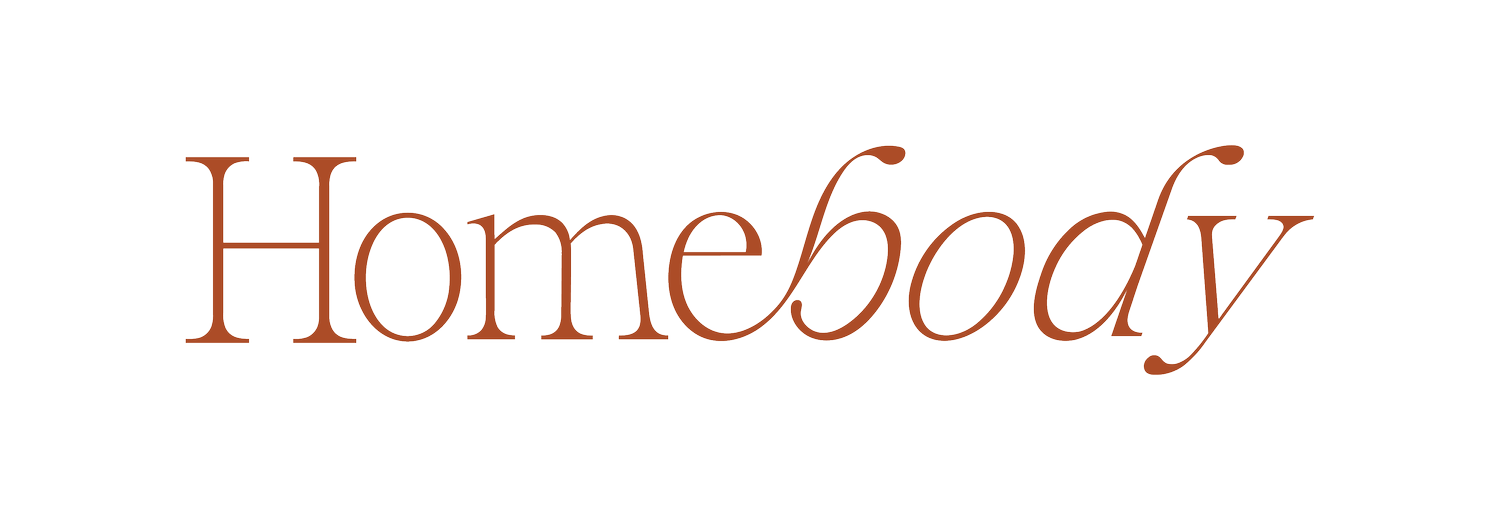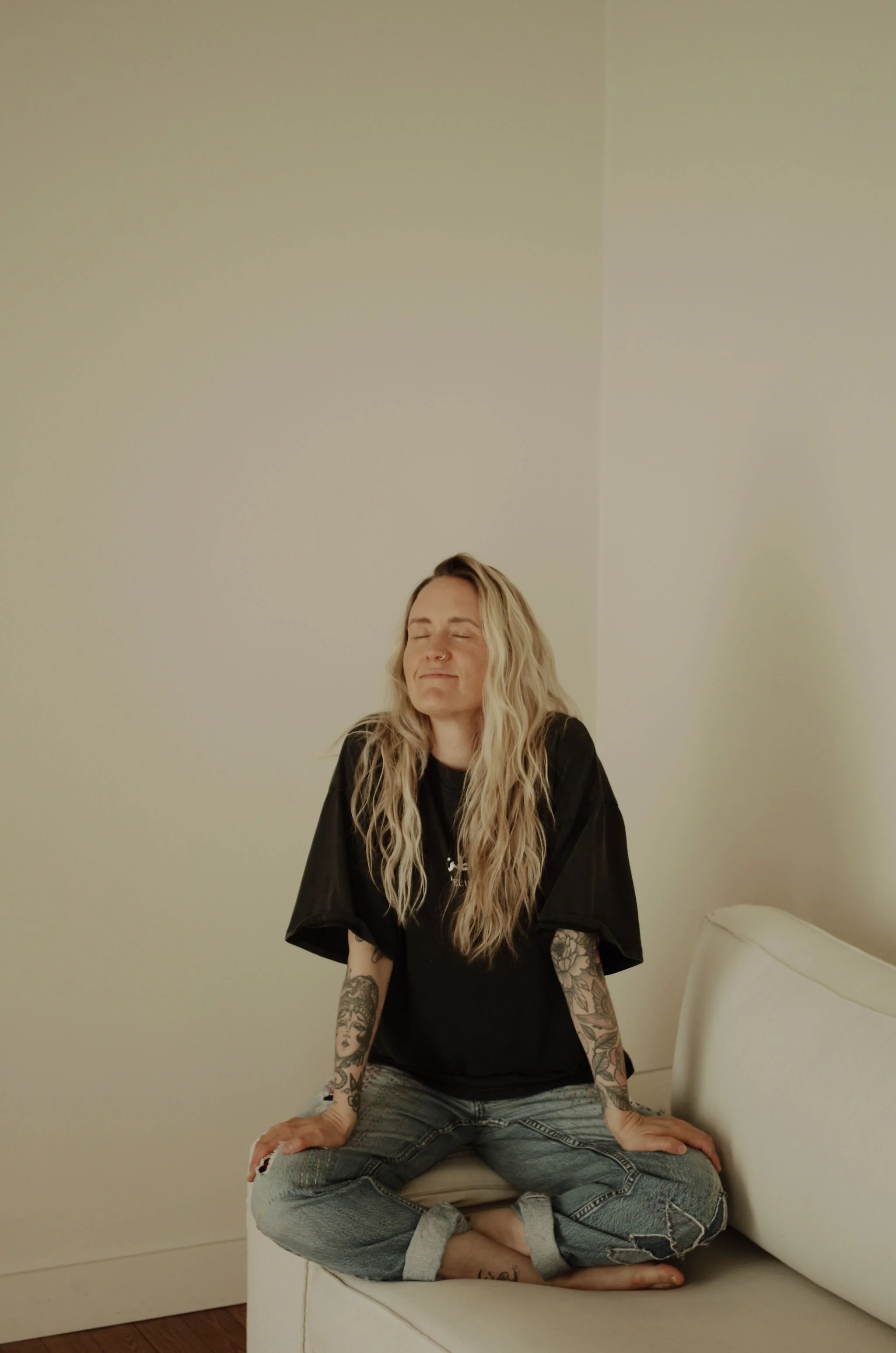
Somatic Social JusticeThe science and practice of healing and transformation
After two decades in this work, we at Homebody know that the wellness community and conversation is often centred around whiteness and privilege, with assertions that are harmful to those who experience on-going trauma, oppression, and marginalization. We recognize that while individual transformation is where we begin, the spiritual diaspora has become too individualistic and often gas-lights and/or ignores injustices experienced in the collective.
The process of healing trauma and re-writing our physiology towards wellness can be a gritty, grief-filled, daily reckoning of our definitions of our self and others. This process requires an understanding of social norms, institutions, paradigmatic influences, as well as the bio-psycho-social environments of the individual, family, and community.
We believe in somatic work that includes a social justice analysis (Haines, 2019), which means that we cannot change our own lives or the world by willing a new thought into existence. A desired change needs to be embodied.
All of our offerings at Homebody ensure that this broad and intersectional scope is not overlooked. We understand that shifting towards a healing paradigm that addresses individual and collective trauma, personal transformation and social justice, requires an approach entirely unique, all-encompassing, and well-informed by both knowledge and experience.
While all of our offerings take place online, our Homebody residence is on Treaty 6 Territory, specifically Amiskwacîwâskahikan, a traditional meeting grounds, gathering place, and travelling route to the Cree, Saulteaux, Blackfoot, Métis, Dene and Nakota Sioux. The ways in which our ancestors came to be on this land continue to be steeped in injustice and harm. Homebody is one way that we endeavour to account for, understand, and repair some of that harm, in a way that goes beyond a land acknowledgement on a website.
We do this work humbly, and welcome feedback and dialogue. We are committed to looking critically at our place, positionality and where we might be of help or hindrance.
“ Justice is what love looks like in public.”
Dr. Cornel West

